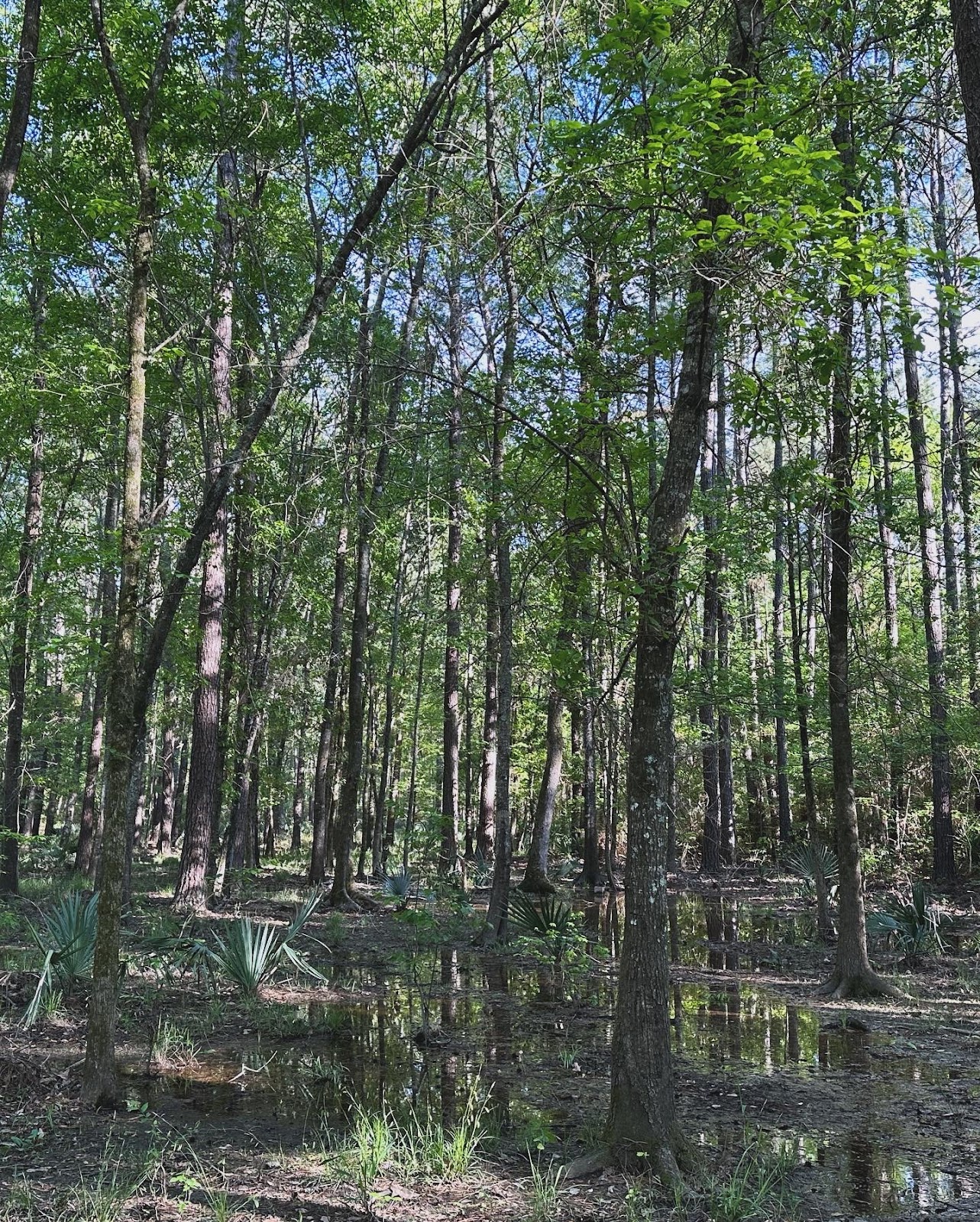Day 3: Primitive Tools and Orienteering (Carson)
On day 3 of our M-Term, we gathered in our room as usual and started to unpack about what our day would be like. Today our focus was on primitive tools and orienteering. The first thing we did was go over some orienteering basics to help prepare for our upcoming trip to Sam Houston's National Park. Some of the orienteering basics we learned are equipment, navigation techniques, safety considerations, and more. Bringing important equipment like a map, a compass, a whistle, or a knife helps your odds of surviving and tracking/learning where you are in your forest/terrain and gives you an understanding of where to be. Some navigation techniques we learned are map reading, compass navigation, route planning, as well as pacing and timing. Having these helpful markers and an understanding of your environment helps ensure that you will not get lost. Safety is very important when Orienteering. Some of the safety concerns we went over were staying hydrated, staying oriented, and staying within the limits. These safety concerns help make sure people are staying safe while practicing orienteering. Now with this new knowledge of orienteering the group drove out to a park most of us had not been to before, and we practiced our orienteering skills by surveying the area before coming as well as using compass navigation and identifying land markers along the short trail we walked. This was a basic way for us to put our skills to the test. Along the way, the group was also able to identify plants and wildlife.
After our lunch break, the group reconvened and we started going over primitive tools and their purposes. We went over things like types of tools, and materials, how to make them, and what their purpose was. After that, it was now on the students to find a tool to do some more research on. Each student found a tool and did their own research on that tool and then proceeded to give a very brief presentation of that tool. Once all the students had gone, we went around the school looking for natural materials we could use to make our own tools in practice for when we went out. The group searched and came back with lots of dead wood we could use to start practicing. Using the knife the school provided for the students we began to carve and hack away at our wood turning them into the most basic tools we could make given our supplies and situation. I found a long branch and carved it into an arrowhead. Some other students also got very creative and created small spears and even tiny makeshift bows.




Comments
Post a Comment